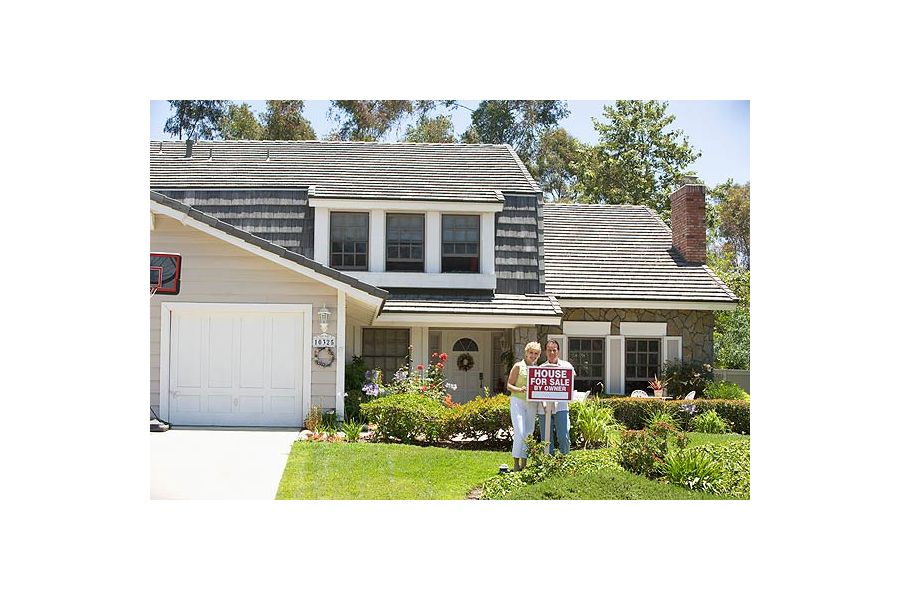High Times for the Not-So New

If you’re a homeowner that survived the Great Recession and had to wait patiently for a real estate rebound before thinking about selling your digs, you probably want to stop thinking and start acting – fast.
That’s because sales of existing homes are enjoying their highest pace in more than a decade, rising 4.4 percent in March, based on the most recent National Association of Realtors data. What’s more, the median resale home price (among single-family homes, townhomes, condos and co-ops) hit $236,400 in March, up from $221,400 (6.8 percent) a year earlier, representing the 61st straight month of year-over-year increases. Average days on the market are dropping, too: for-sale properties commonly remained on the market for 34 days in March, down from 45 days a month earlier.
The reasons behind hot sales of resale residences are multifold, say the experts.
“Buyers are motivated to act before interest rates move up. Plus, a surge in the equities market has helped push consumer confidence nearly 10 points higher since October 2016, creating more optimism in the market,” says Steve Hovland, research director with HomeUnion, Irvine, Calif. “Finally, new construction home prices are significantly higher than existing home prices nowadays, and that wide gap in prices has forced many buyers into existing homes.”
Brian Bair, a real estate broker and co-founder of OfferPad, a Gilbert, Ariz.-based company that buys homes, says Generation Y is also contributing to this trend.
“We’re seeing an upswing in first-time homebuyers entering the market, particularly among millennials, which has caused existing inventory to move relatively quickly once it hits the market,” Bair says. “Also, for years we saw money poured into the construction of new rental properties while money spent on housing starts declined. This naturally decreased the supply of new homes, which has caused the resale market to flourish.”
Hovland believes the currently robust seller’s market should persist past the summer 2017 buying season, after which time “more normalcy will return to the housing market. Rising interest rates and prices will move more buyers to the sidelines, while job growth will be concentrated in many markets where home prices are already out of reach for many first-time buyers,” he says.
On the other hand, Mike Manczuk, realtor with Team Zen Real Estate in South Jordan, Utah, says strong existing home sales at high prices may continue a lot longer than expected.
“In certain markets located in strong economic areas, this trend should last for at least a few more years,” says Manczuk, who notes that good times for sellers can’t last forever. “The real estate market is cyclical.”
Ask John Matthews, managing broker for Baird & Warner in Oak Park, Ill., and he’ll tell you that sellers may want to strike now while the iron is hot.
“Know the real value of your real estate, determine how real estate plays into your long term financial or living goals and then make the determination if it is the right time to sell. A real estate professional would be a great asset in determining this,” Matthews says.
In addition, “think about having your next home ready to move into before you close on the sale of your current home and whether you need more predictability in terms of timing the sale of your home,” Bair says. “It’s important to evaluate how you want the transaction to go and what you have the time and patience for.”
House hunters, meanwhile, need to have their ducks in a row and be speedy in their decision-making.
“Buyers will be faced with significant competition over the next few months,” Hovland says. “To be successful, they’ll need to be prequalified, ready to act quickly and move on fast from disappointments.”
Finally, don’t get discouraged if a negotiation falls through.
“Buyers shouldn’t settle for a property that doesn’t feel right. There are still deals out there,” Bair says. “Figure out what your bottom line is, and don’t settle for less.”
Copyright © CTW Features